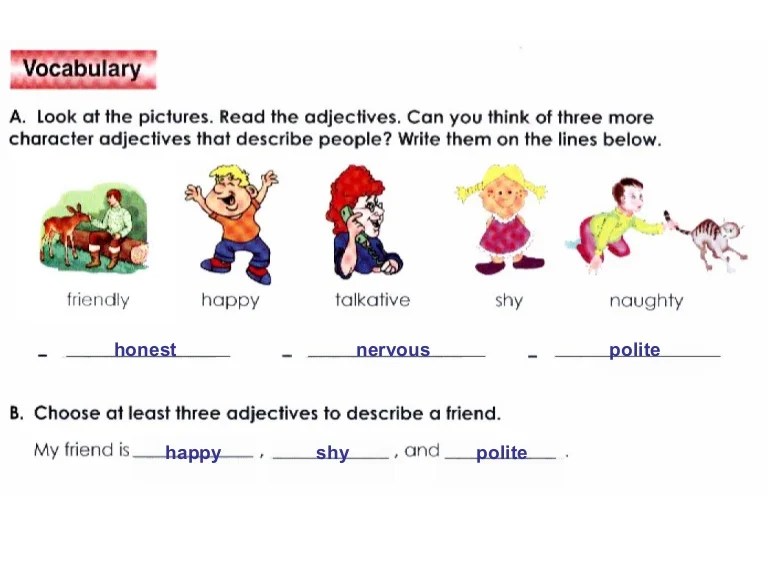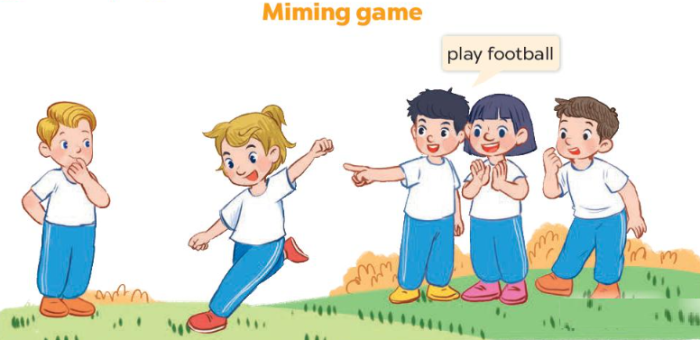Unit 10 lesson 2 joshua’s law – With Unit 10 Lesson 2: Joshua’s Law, we delve into a compelling topic that explores the legal and ethical responsibilities surrounding child abuse reporting. This law serves as a cornerstone for protecting vulnerable children, and in this lesson, we’ll navigate its provisions, implications, and best practices.
Joshua’s Law defines the legal obligation to report suspected child abuse, outlining the specific actions required of professionals and the consequences for failing to do so. As we explore this crucial topic, we’ll examine the historical context, key provisions, and ethical considerations that shape this law.
Introduction to Joshua’s Law
Joshua’s Law is a landmark legislation that aims to protect the rights of individuals with disabilities and ensure their equal access to education, employment, and public services.
Enacted in 2008, Joshua’s Law establishes a comprehensive framework for safeguarding the rights of individuals with disabilities in various aspects of their lives. It mandates reasonable accommodations, prohibits discrimination, and promotes inclusive practices in schools, workplaces, and public spaces.
Scope and Applicability, Unit 10 lesson 2 joshua’s law
Joshua’s Law applies to all public entities, including schools, government agencies, and businesses open to the public. It covers a wide range of disabilities, including physical, cognitive, and sensory impairments, as well as learning disabilities and mental health conditions.
History and Development
Joshua’s Law is named after Joshua Aaronson, a young boy with Down syndrome who was denied access to a public playground in New Jersey. The case sparked outrage and led to the passage of the law in 2008. Since then, Joshua’s Law has become a model for similar legislation in other states and jurisdictions.
Key Provisions of Joshua’s Law
Joshua’s Law aims to strengthen the protection of children from abuse and neglect. It includes several key provisions that mandate reporting, set penalties for failing to do so, and provide resources for prevention and intervention.
Reporting Requirements
The law requires certain individuals, known as mandated reporters, to report suspected child abuse or neglect to the appropriate authorities. Mandated reporters include professionals such as teachers, social workers, medical personnel, and law enforcement officers.
Reporters must make a report if they have reasonable cause to suspect that a child has been or is at risk of being abused or neglected. The report must be made to the local child protective services agency or law enforcement.
Penalties for Failing to Report
Failure to report suspected child abuse or neglect is a serious offense under Joshua’s Law. Individuals who knowingly and willfully fail to make a required report may face criminal charges, including fines and imprisonment.
The penalties for failing to report vary depending on the jurisdiction and the circumstances of the case. However, the law sends a clear message that protecting children from harm is a paramount responsibility.
Implications for Professionals

Joshua’s Law places significant responsibilities on professionals who come into contact with individuals who may be at risk of human trafficking. These professionals have a legal and ethical obligation to report suspected cases of trafficking to the appropriate authorities.
Unit 10 Lesson 2 Joshua’s Law provides insights into the complexities of the legal system. However, if you’re looking for a satirical take on the law, check out examples of satire in Candide . This classic work by Voltaire pokes fun at the legal system, highlighting its absurdities and inefficiencies.
Returning to Unit 10 Lesson 2 Joshua’s Law, it emphasizes the importance of understanding the law and its impact on society.
Responsibilities of Professionals
- All professionals are required to report suspected cases of human trafficking to law enforcement or the National Human Trafficking Hotline.
- Professionals who work with at-risk populations, such as social workers, healthcare providers, and teachers, have a heightened responsibility to be aware of the signs of human trafficking and to report any suspicious activity.
- Professionals must also provide training to their staff on how to identify and report human trafficking.
Ethical and Legal Implications of Reporting
Reporting suspected cases of human trafficking is not only a legal obligation but also an ethical one. By reporting, professionals can help to protect victims from further exploitation and harm. Failure to report can have serious consequences, including criminal charges.
Potential Consequences of Failing to Report
- Professionals who fail to report suspected cases of human trafficking may be subject to criminal penalties, including fines and imprisonment.
- They may also lose their professional license or face other disciplinary action.
- In addition, they may be held liable for any damages suffered by the victim as a result of their failure to report.
Best Practices for Reporting

Reporting suspected child abuse is a crucial responsibility that requires careful consideration and adherence to best practices. Professionals have an ethical and legal obligation to report any suspicion of child abuse or neglect to the appropriate authorities. Effective reporting involves gathering and documenting evidence to support the allegations.
This includes detailed observations, witness statements, and any physical evidence that may be relevant. Maintaining confidentiality is also paramount to protect the child and the family involved.
Gathering and Documenting Evidence
When gathering evidence, it is essential to:
- Observe and document any physical signs of abuse, such as bruises, cuts, or burns.
- Record any statements made by the child or other witnesses, using their exact words.
- Take photographs or videos of any injuries or evidence, if possible.
- Document the date, time, and location of the incident.
Maintaining Confidentiality
Confidentiality is vital in child abuse cases to protect the child and the family from further harm. Professionals should:
- Only disclose information to those who have a legitimate need to know.
- Avoid discussing the case with the child’s parents or guardians unless necessary.
- Store all records and documentation securely.
Resources and Support: Unit 10 Lesson 2 Joshua’s Law

Individuals and professionals involved in cases involving suspected child abuse or neglect have access to various resources and support systems to assist them in fulfilling their reporting obligations and providing appropriate care to affected children.
These resources include:
- National Child Abuse Hotline (1-800-4-A-CHILD):Provides 24/7 confidential support, information, and referrals to local child protective services.
- Childhelp USA (1-800-422-4453):Offers a 24/7 crisis hotline, online resources, and support groups for children and adults affected by child abuse.
- The Rape, Abuse & Incest National Network (RAINN):Provides 24/7 confidential support, information, and referrals to local sexual assault service providers.
Training and Support for Professionals
Professionals who work with children, such as teachers, social workers, and medical personnel, can access training and support to enhance their knowledge and skills in identifying and reporting suspected child abuse or neglect. These training programs may cover topics such as:
- Recognizing signs and symptoms of child abuse and neglect
- Understanding legal reporting obligations
- Interviewing children and gathering evidence
- Providing support and resources to victims and their families
Training programs are often offered by local child protective services agencies, hospitals, and community organizations.
Role of Advocacy Organizations
Advocacy organizations play a vital role in supporting victims of child abuse and neglect. These organizations provide:
- Legal representation and support to victims and their families
- Crisis intervention and counseling services
- Public education and awareness campaigns
- Policy advocacy and legislative reform efforts
Advocacy organizations can help victims of child abuse and neglect navigate the legal and social service systems and ensure their rights are protected.
Clarifying Questions
What is the purpose of Joshua’s Law?
Joshua’s Law aims to protect children from abuse by requiring professionals to report suspected cases to the appropriate authorities.
Who is required to report under Joshua’s Law?
Professionals such as teachers, doctors, social workers, and law enforcement officers are mandated to report suspected child abuse.
What are the penalties for failing to report child abuse?
Penalties vary depending on the jurisdiction, but may include fines, imprisonment, or loss of professional license.